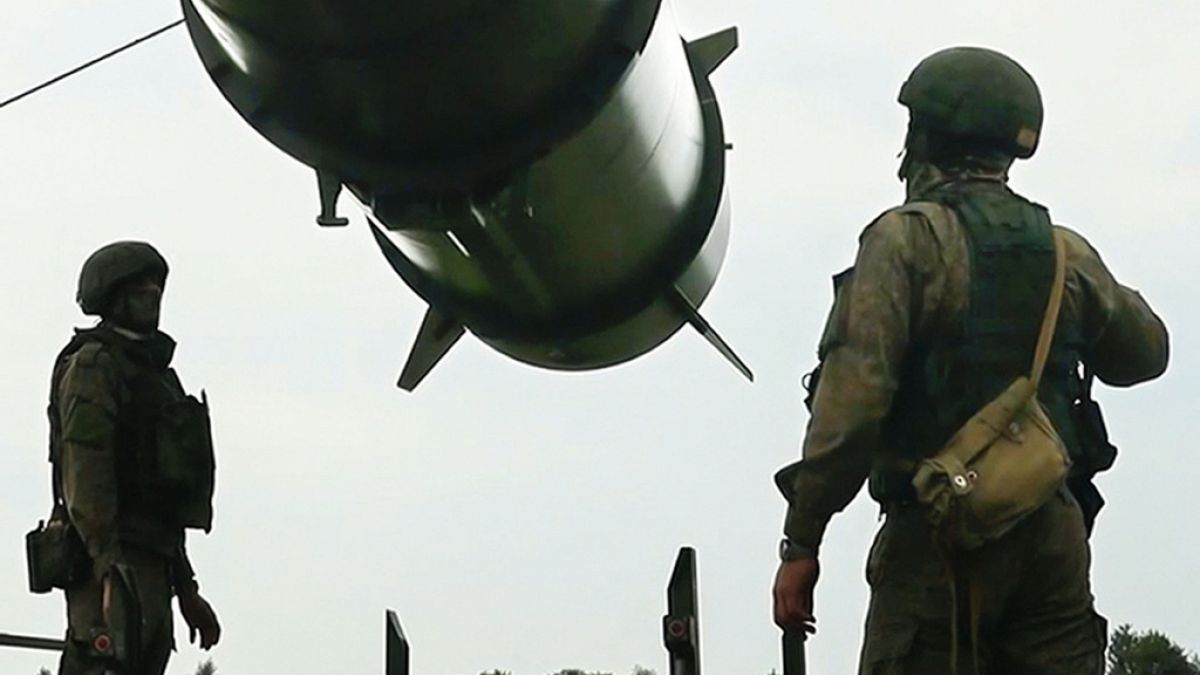In 2023, the International Campaign to Abolish Nuclear Weapons (ICAN) reported a significant increase of €10 billion in global spending on nuclear weapons compared to the previous year. This increase was driven by the world’s nine nuclear-armed states, which are continuing to modernize their nuclear arsenals. According to the Stockholm International Peace Research Institute (SIPRI), these countries have deepened their reliance on nuclear deterrence, with nuclear weapons playing a prominent role in international relations not seen since the Cold War.
Russia, in particular, has been ramping up its support for Ukraine by conducting drills intended to train troops in tactical nuclear weapons. This comes as part of the Kremlin’s efforts to deter Western support for Ukraine. The ICAN report revealed that the nine nuclear-armed states collectively spent a total of €85.4 billion on their arsenals in 2023, with the United States accounting for 80% of the increase. China and Russia were the next biggest spenders, with China spending €11 billion and Russia spending €7.7 billion.
Despite the significant financial investment in nuclear weapons, ICAN emphasizes that this spending does not improve global security and, in fact, poses a threat to people worldwide. SIPRI estimates that approximately 2,100 deployed warheads are kept in a state of high operational alert on ballistic missiles, with the majority belonging to Russia or the USA. However, China is also believed to have warheads on high operational alert for the first time, signaling a potentially concerning trend in nuclear weapons development.
SIPRI Director Dan Smith expressed concern over the year-on-year increases in operational nuclear warheads, particularly with Russia and the USA possessing nearly 90% of all nuclear weapons. Transparency regarding nuclear forces has declined in both countries, especially following Russia’s invasion of Ukraine in 2022, with debates around nuclear-sharing arrangements becoming more important. This has led to Washington suspending its strategic stability dialogue with Russia, and Moscow announcing its suspension of the New START nuclear treaty participation.
In Asia, countries like India, Pakistan, and North Korea are all working towards deploying multiple warheads on ballistic missiles, joining the existing nuclear-armed states with that capability. This rapid increase in deployed warheads could potentially threaten the destruction of more targets and escalate global tensions. SIPRI emphasizes that the estimates provided are approximate, and the institute revises its world nuclear forces data annually based on new information and updates to previous assessments. Despite these challenges, efforts by organizations like ICAN and SIPRI continue to advocate for nuclear disarmament and peace-building initiatives on a global scale.










